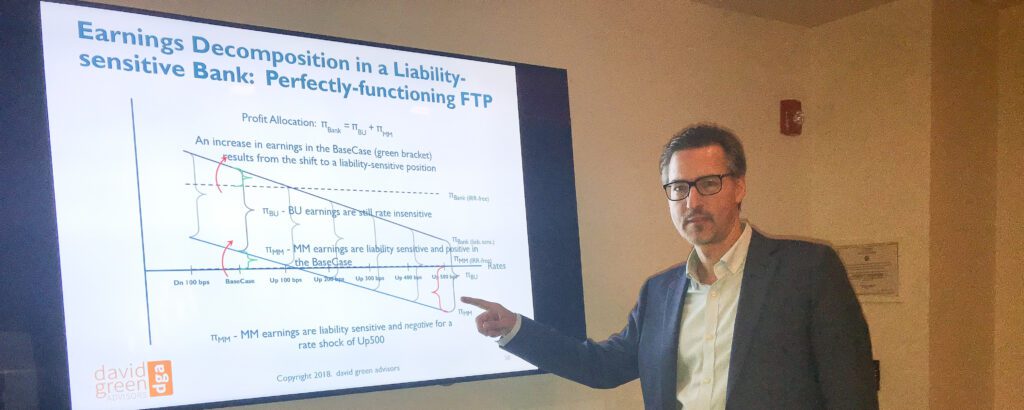Archive for October 2018
NMD Workshops, Q4, 2018: Bogota & New York – Update
Learn why rising interest rates are disrupting earnings expectations for so many depositories! Are your deposits misbehaving? Not as sticky and rate-insensitive as you thought they would be? This is…
Read MoreFTP Workshop – Miami – October 2018
Are you confused about why your bank’s or credit union’s earnings are not materializing as expected? You don’t have to be! Perhaps the story of how your depository institution makes…
Read More

